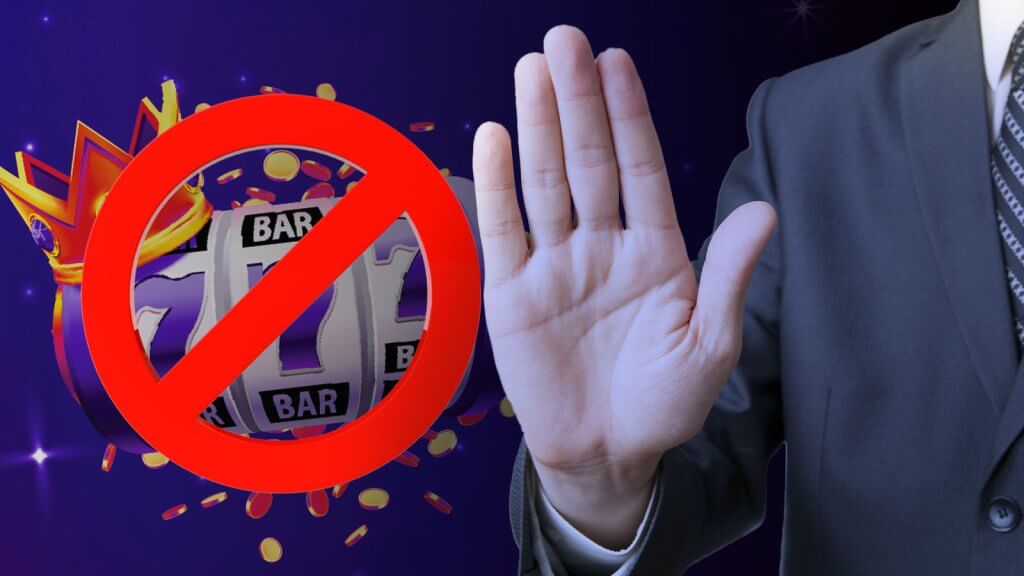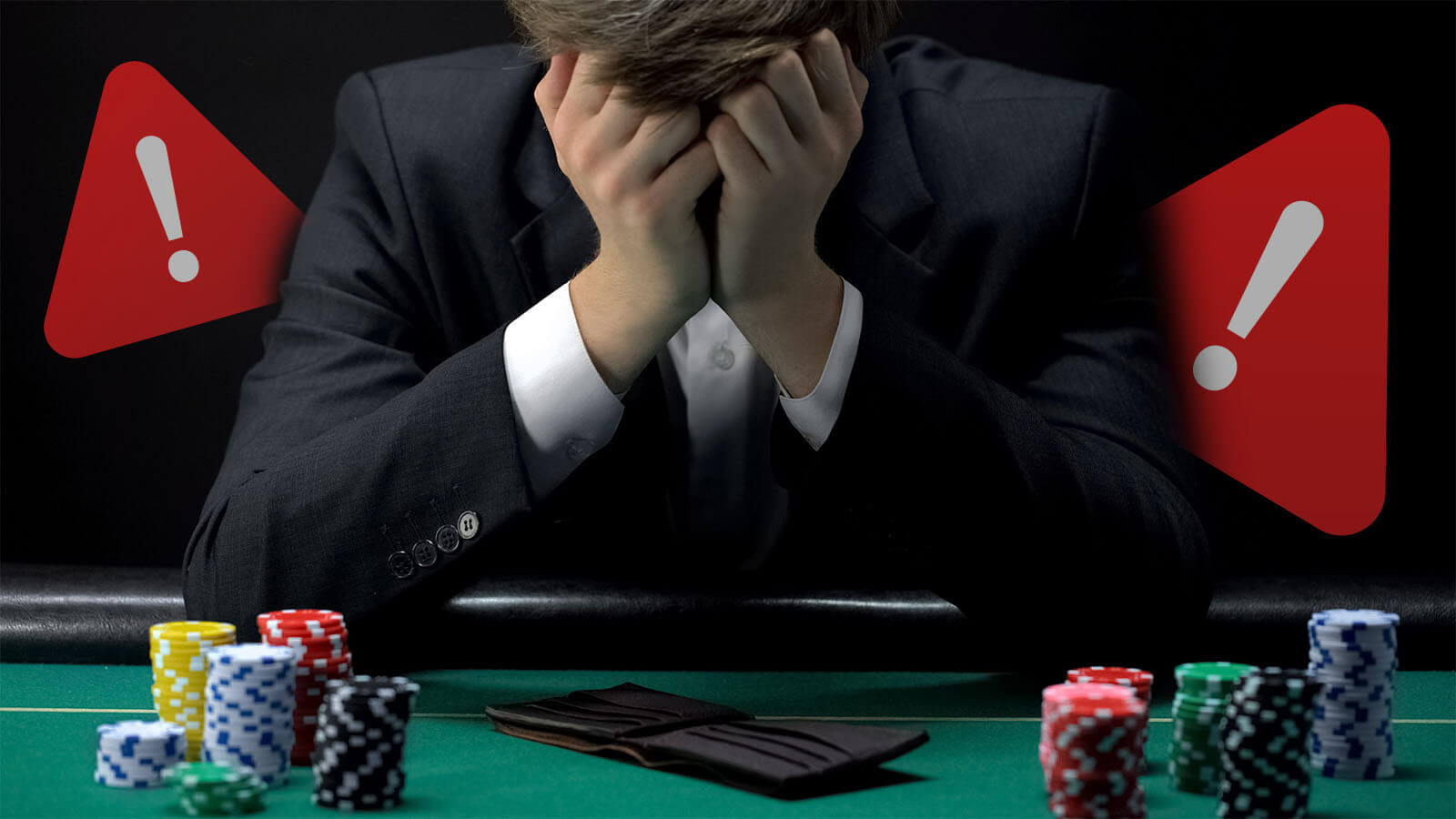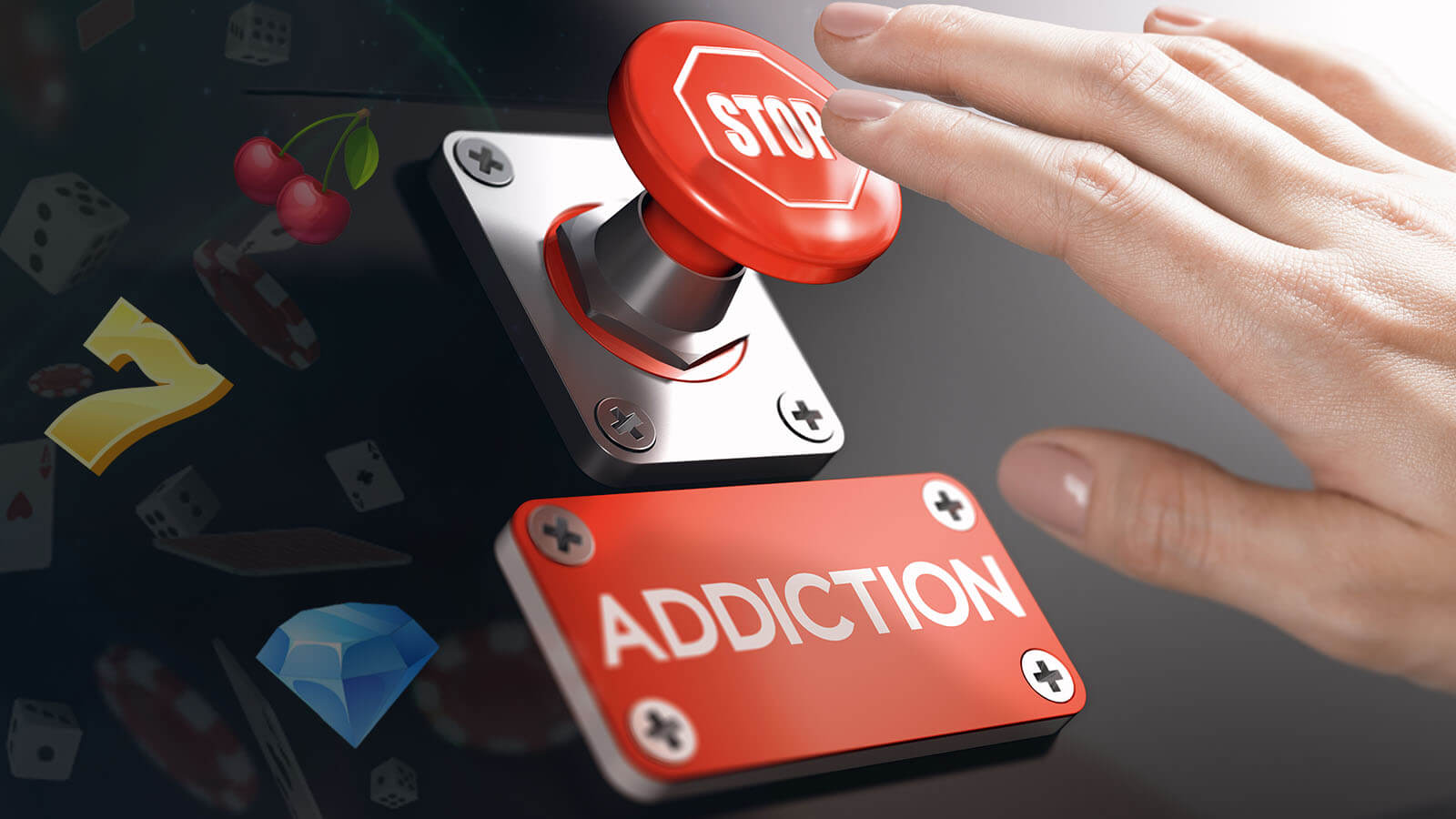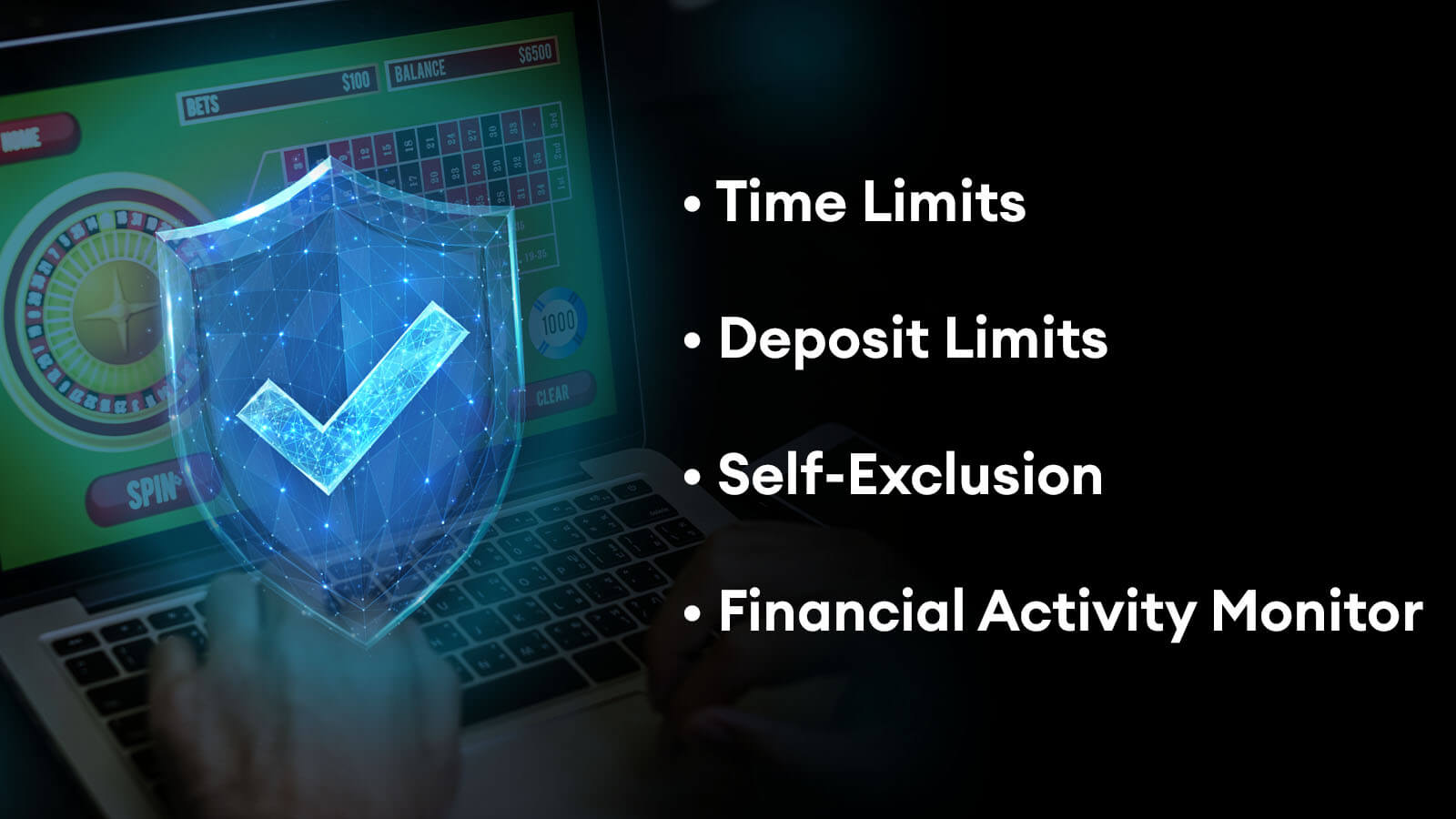Problem Gambling Resources Guide - How to Recognize and Prevent?
KingCasinoBonus.com receives money from casino operators every time someone clicks on our links, influencing product placement. However, the compensation we receive does not influence our evaluation process, analysis and recommendations. We always provide objective, honest verdicts to support informed choices.

The world of online gambling may seem entertaining, but it can get dangerous, too. Problem gambling is a real concern, and in our guide, we’ll show you how to prevent, seek help, and recover from gambling addiction.
On this page
Understanding Problem Gambling: What Are the Signs?

Problem gambling is the kind of gambling behavior that hurts an individual or their family and frequently interferes with their everyday lives or professional activities. Any gambler might be susceptible to it if they don’t practice the necessary control before there is any problem.
While gambling for fun isn’t harmful, it’s crucial not to go overboard. You must be highly cautious while betting and look out for any signs of problem gambling you might develop. Here are a few initial signs you must look out for:
- Spending an extraordinarily high amount of time gambling online.
- Selling your assets or borrowing funds from friends and relatives to gamble.
- Frantically trying to claim back lost amounts.
- Being insensitive to the toll that gambling is taking on you and your family’s daily lives.
Recognizing the Problem: How to Self-Assess
Most often, gamblers don’t realize when they start developing a compulsive gambling tendency. So, they continue down the path to a point where it becomes challenging to return. If you’re a regular bettor at online casinos, conduct a quick test recommended by our experts.
Here’s a small test to acknowledge your gambling behavior and find out if you’re in control:
- Do you feel the need to place bets very often?
- Are you feeling bothered and irritated when your gambling sessions/hours are cut down?
- Are you ignoring your professional or personal commitments because of gambling?
- Are you chasing your losses endlessly?
- Are you lying to your close ones to cover up for your gambling activities?
- Have you fallen into gambling debts?
- Are you gambling more and more money to maintain the same level of excitement?
- Are you being unsuccessful in your attempts to cut back on gambling hours?
If you reply positively to six out of eight questions in this questionnaire, it’s time to rethink your relationship with gambling and take measures to control your indulgence.
Seeking Help: The First Step to a Successful Recovery

The primary step in beating any problem related to addictive gambling is owning it. It’s completely normal to face gambling-related issues, and there’s nothing wrong with admitting it. We understand it can be hard to admit the presence or the depth of the problem, and the shame that comes up with that, due to social stigma.
Since the number of online gambling platforms and gamblers has been increasing rapidly worldwide, the stigma and fear around problem gambling need to be overcome, and the issue must be addressed at once. The recovery journey can definitely put an end to the problem and improve your quality of life if you follow the guidelines diligently and depend on your loved ones for support during the process.
So, if you’re facing any gambling addiction problems, it’s safest to reach out and ask for help as soon as you realise it. Now, we think it is important to discuss the support resources you can turn to in case you need any help to deal with your problem gambling.
What Gambling Support Resources Can You Access?
You can treat your problem gambling issue in various ways: either professional therapy or free-of-cost options. There is help for people of all walks of life, and it is important to know recovery doesn’t always mean expensive therapy.
You can receive clinical treatment, that might incur some costs, at the following places:
- National Problem Gambling Clinic
- 28-day Addiction Treatment Programme by Priory group
- Gambling-related Counselling at Counselling Directory
- Addiction Treatment Centres
- Visit the local clinics
If you cannot afford the clinics and programmes above, here are a few support groups and gambling helplines that you can access anonymously and free of cost to tackle your addictive gambling problems:
- National Gambling Helpline – This is a 24/7 counselling and support helpline run by GamCare.
- Gamblers Anonymous – An anonymous local support group that follows a 12-step recovery process.
- A live experience network for gambling victims at GamLEARN.
- ChapterOne – A charity information portal to learn about problem gambling and consult for help.
Some jurisdictions have free self-exclusion programmes. For instance, in the UK, players can sign up for Gamstop. They send their data, and if they try to set up an account, they get blocked before they can complete the KYC procedure.
What Are the Treatment Options?
Problem gambling requires some comprehensive treatment approach like the Cognitive-behavioral therapy approach or the 12-step procedure used at Gamblers Anonymous.
This 12-step approach includes acceptance, belief, admitting the toll of gambling, willingness to change, making direct and necessary amends, helping others to overcome their compulsive gambling tendencies, and employing meditation or even prayer to get your life back on track.
Simply treating the issue isn’t enough, as it’s crucial to prevent any relapse after your recovery process is complete. Make deliberate lifestyle changes like practising control or developing a more time-consuming hobby to keep yourself engaged elsewhere. But most importantly, remember that staying on track is a daily practice, that at first, is hard, but then it gets easier.
Prevention and Responsible Gambling
It’s essential to exercise caution for all gamblers (even newbies) so they don’t develop a gambling-related issue. Thus, you must always control and time your gambling hours efficiently to avoid any problems. When you set up your online casino account, you should also keep responsible gambling tools in mind. Here are a few basic tools you can use at online casinos to gamble responsibly:

- Time Limits: Set time limits so as not to gamble continuously for long hours. You will be reminded after a set number of minutes about your session. We recommend you set the time limit to the lowest possible.
- Deposit Limits: Use the deposit limits feature to restrict the deposit amount so you don’t gamble beyond your budget. We know how easy it is to go overboard. This is why we recommend you budget, and avoid making frequent, but small deposits – they add up fast.
- Self-Exclusion: If you think you might be developing problem gambling, use the self-exclusion feature to not engage in the casino at all. If you want to go the extra mile, self-exclude from most online casinos – this way you can ensure you don’t self exclude from one, then set up an account with another.
- Financial Activity Monitor: From time to time, it is important to check how you spend. Go to the financial activity monitor, which is commonly found in the cashier, and run the numbers yourself.
All these methods are available at licensed casinos, as the regulatory authorities require casinos to have responsible gambling methods. On that note, never play on unlicensed casinos. Your financial safety, as well as your wellbeing can be at risk. Read more about licensed versus unlicensed casinos in our post.
Even if these methods seem time consuming, or you feel like you don’t need them at all, we at KingCasinoBonus.com think they are important. Gambling is something that can turn problematic really fast, and snowball easily out of control.
The best approach to prevention is to take some measurable steps from the beginning. This can save you later on.
Our Final Thoughts on Recovering from Problem Gambling
Problem gambling is a real issue that deserves necessary attention, even if you are a beginner gambler, and feel like you don’t need to take any action. Things can quickly spiral out of control – if it happens, do not worry. There are ways to set you back on track, and to help you overcome compulsions.
Though recovery might take some time, the problem is entirely treatable if you overcome the stigma, reach out, ask for help, and confide in your loved ones. Also, access the free support groups or use recommended professional resources to ensure a successful path to recovery, regardless of your means.